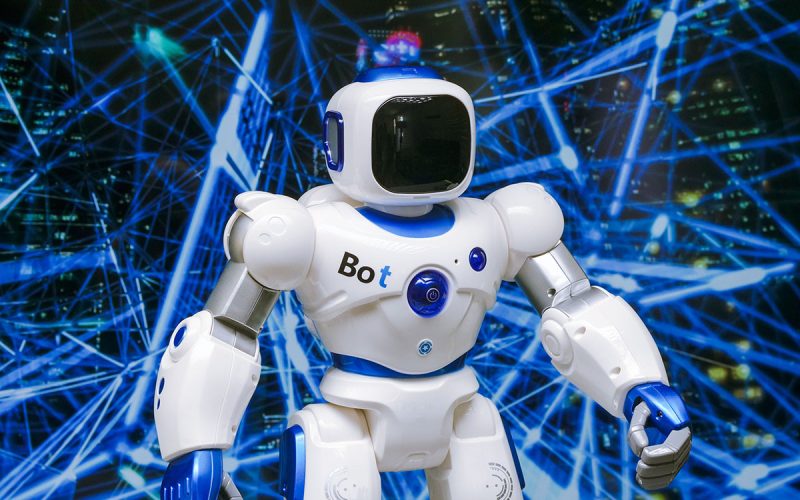Artificial Intelligence (AI) refers to the development and use of computer systems that can perform tasks that typically require human intelligence. It is a branch of computer science that focuses on creating intelligent machines capable of simulating human intelligence and behavior.
AI systems are designed to perceive and interpret information from their environment, reason and make decisions based on that information, and take appropriate actions to achieve specific goals. These systems rely on various techniques and algorithms to process and analyze data, learn from experience, and adapt to new inputs or situations.
AI finds applications in various fields, including healthcare, finance, transportation, manufacturing, customer service, and many more. It has the potential to revolutionize industries, improve efficiency and productivity, and contribute to advancements in areas such as autonomous vehicles, robotics, natural language processing, and computer vision.
Artificial Intelligence (AI) is already having a significant impact on the future of work and is expected to continue shaping the workforce in the years to come. Here are some key points to consider:
Automation of Routine Tasks:
AI technology can automate repetitive and mundane tasks, freeing up human workers to focus on more complex and creative activities. This automation has the potential to increase efficiency and productivity in various industries.
Augmentation of Human Capabilities:
AI can enhance human capabilities by providing advanced analytics, data processing, and decision-making support. By combining human expertise with AI-powered tools, workers can achieve higher levels of productivity and make more informed decisions.
Job Transformation:
AI technologies may lead to the transformation of certain job roles rather than their complete elimination. Some routine tasks may be automated, but new tasks requiring creativity, critical thinking, and emotional intelligence may emerge. This shift will require workers to acquire new skills and adapt to changing job requirements.
Skill Requirements:
The widespread adoption of AI will create a demand for new skill sets. Technical skills related to AI development, data analysis, and machine learning will be highly valuable. Additionally, skills that are uniquely human, such as creativity, problem-solving, adaptability, and empathy, will become increasingly important.
Collaborative AI:
AI systems can collaborate with humans to achieve better outcomes. For example, in sectors like healthcare, AI can assist doctors in diagnosing diseases, but the final decision-making remains with the human expert. This collaborative approach allows humans to leverage AI capabilities while retaining control and responsibility.
Job Displacement and Transition:
While AI has the potential to create new job opportunities, it may also lead to job displacement in certain industries. It is crucial for organizations and governments to invest in retraining and upskilling programs to help workers transition into new roles and industries.
Ethical Considerations:
The widespread use of AI raises ethical concerns regarding privacy, data security, algorithmic bias, and the impact on social equality. It is important to ensure that AI technologies are developed and deployed responsibly, with transparency and fairness in mind.
Economic Impact:
The integration of AI into the workforce can have significant economic implications. It may lead to increased productivity and economic growth, but it also poses challenges such as income inequality if not managed properly. Governments and policymakers need to address these issues and ensure a fair distribution of the benefits of AI.
In summary, AI will continue to shape the future of work by automating routine tasks, augmenting human capabilities, and creating new job roles. Adapting to these changes will require individuals, organizations, and societies to embrace lifelong learning, upskilling, and responsible AI deployment.



